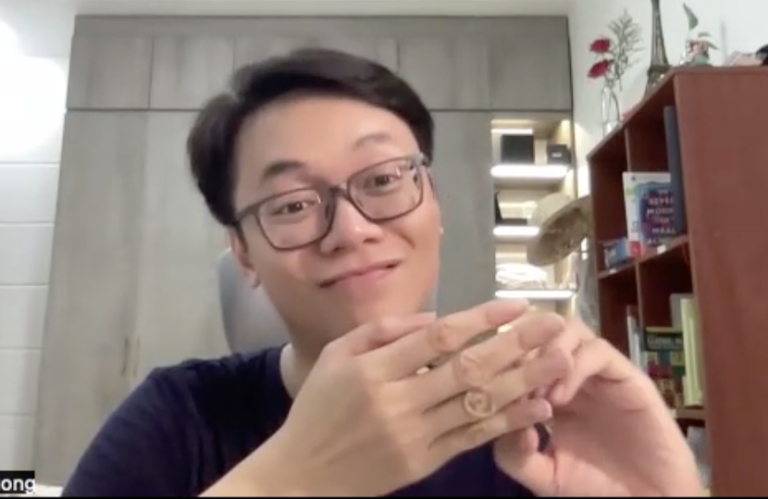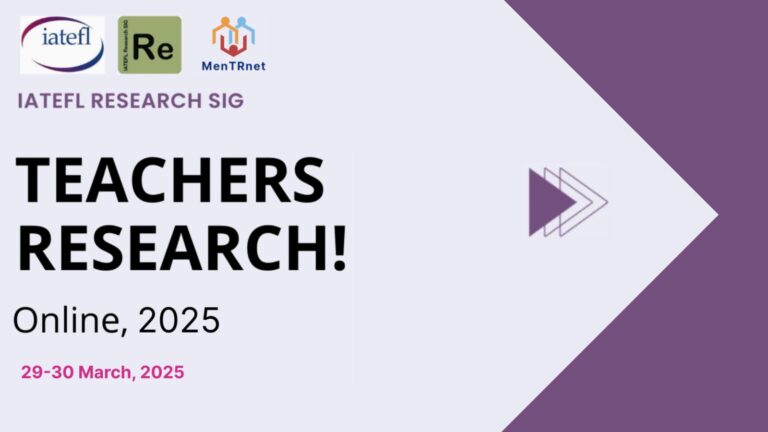
Attending the Mentoring Teacher-Research Workshop Series was an eye-opening and deeply fulfilling experience for me as an English instructor with over 15 years of teaching behind me. When I first joined this five-week workshop, my initial goal was simply to gain a basic understanding of how to carry out Exploratory Action Research (EAR). However, the journey turned out to be so much more than just learning a research approach—it became a space for growth, connection, and transformation.
Each week, we were introduced to the principles and steps of EAR through clear guidance and practical tasks. What made the experience even more impactful was the opportunity to take on dual roles. I was both a mentor and a mentee to a brilliant English teacher from Nepal. This unique pairing helped me truly feel the responsibilities, emotions, and dynamics of both roles, and it gave me a much deeper understanding of how to meaningfully support and learn from fellow educators.
One of the most valuable parts of the workshop was the weekly reflection forum. Writing about my experiences helped me process my own learning more deeply, and reading reflections from colleagues across the globe added powerful new perspectives. Our mentors Richard Smith, Seden Eraldemir Tuyan, Ravinarayan Chakrakodi, Ana García Stone, Mariana Serra, and Omid Kalantar were not only knowledgeable but also incredibly supportive and kind. Being part of a global community of over 30 teachers reminded me that while many of our challenges are similar, our solutions must be shaped by the local contexts in which we teach.
This reinforced my belief that empowering teachers and guiding them to solve their classroom-related issues is far more effective than applying a top-down approach. I must also state that Exploratory Action Research is a unique approach which values the voices of both learners and teachers, making the process collaborative and inclusive. Now I know that being a mentor requires not only being a knowledgeable researcher, but also being a good planner, a careful listener, non-judgmental, and understanding. Building strong communication, negotiating with teachers, and sharing success stories to motivate them are key aspects of being an effective mentor.
This workshop not only taught me the principles of EAR but also gave me the chance to apply mentoring skills in a real-world setting. It transformed my mindset, helping me develop a strong sense of confidence and a “can-do” attitude. No matter how difficult the circumstances, I believe that better education is always possible when teachers are supported to be curious, reflective, and exploratory in their practice.
About the Author(s)

Canan Köse
Canan Köse is a Hornby Trust scholar currently pursuing an MEd TESOL at the University of Exeter. She works as an English instructor and curriculum coordinator at Istanbul Medeniyet University. She holds both a Master’s and a PhD in Curriculum and Instruction. Her research interests include teacher identity, the hidden curriculum, transdisciplinary education, and critical AI literacy.



[…] can also read the personal reflection of one of the participants, Canan […]